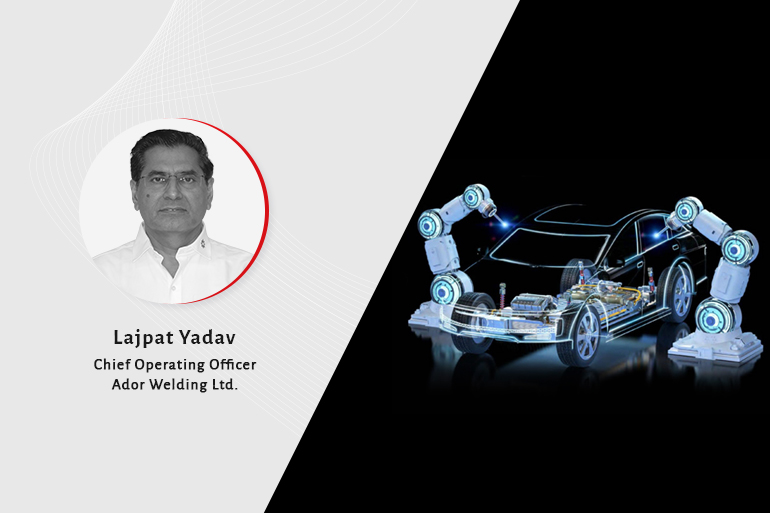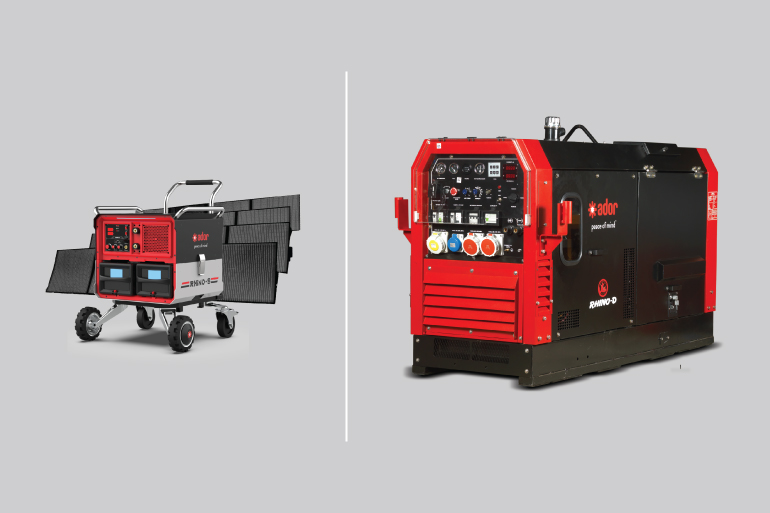The Robotics Revolution: How Intelligent Automation is Transforming Manufacturing in India

Robotics in manufacturing has come a long way, from performing repetitive, simple tasks to becoming intelligent systems that think, adapt and optimise in real time. Today’s factories are no longer just automated; they are evolving into smart ecosystems where humans and machines collaborate to improve precision, productivity and safety. At Ador Welding, we are witnessing this transformation firsthand as Indian industries adopt robotics to stay competitive and future-ready.
In the early stages, robots were primarily deployed for repetitive operations like welding or material handling. As Mr Lajpat Yadav, COO at Ador Welding Ltd., explains, “Robots initially enhanced safety and consistency in the automotive sector. With sensor integration and CNC system interfacing, manufacturing became more flexible. Today, initiatives like Industry 4.0, Make in India, and Atmanirbhar Bharat are driving intelligent robot adoption across electronics, defence, pharma and consumer goods.” Collaborative robots, or cobots, are particularly popular among SMEs due to their affordability and user-friendly interfaces. Coupled with digital ecosystems and a growing pool of skilled professionals, India is rapidly becoming a hub for technology-driven manufacturing.
Dr Sanjeev Srivastava, Head of Industrial Automation at Delta Electronics India, adds, “Modern robotics has shifted from isolated tasks to integrated, intelligent systems. AI, sensor fusion, and real-time data analytics now allow robots to optimize operations, improve uptime, and reduce waste.” Advanced technologies such as collaborative robots, machine vision, autonomous mobile robots (AMRs) and digital twins are fueling innovation on the shop floor. User-friendly interfaces, voice and touch controls are making robotics more accessible, enabling manufacturers to scale intelligently while maintaining high operational standards.
AI-powered robots are also redefining precision, productivity, and workplace safety. Mr Yadav notes, “AI-assisted robots can perform defect detection, assembly, and maintenance with remarkable accuracy. They operate continuously across multiple shifts, adapt to production changes and provide predictive maintenance alerts to prevent unplanned downtime.” These intelligent systems also enhance safety by detecting human presence in hazardous zones and automatically pausing operations when needed.
The integration of robotics into strategic manufacturing decisions is transforming the very nature of production. At Ador Welding, we are committed to helping industries leverage intelligent automation to optimise workflows, enhance safety, and drive sustainable growth. As India’s factories become smarter, robotics is at the forefront, shaping a new era of industrial excellence.
For further information, check the reference link

